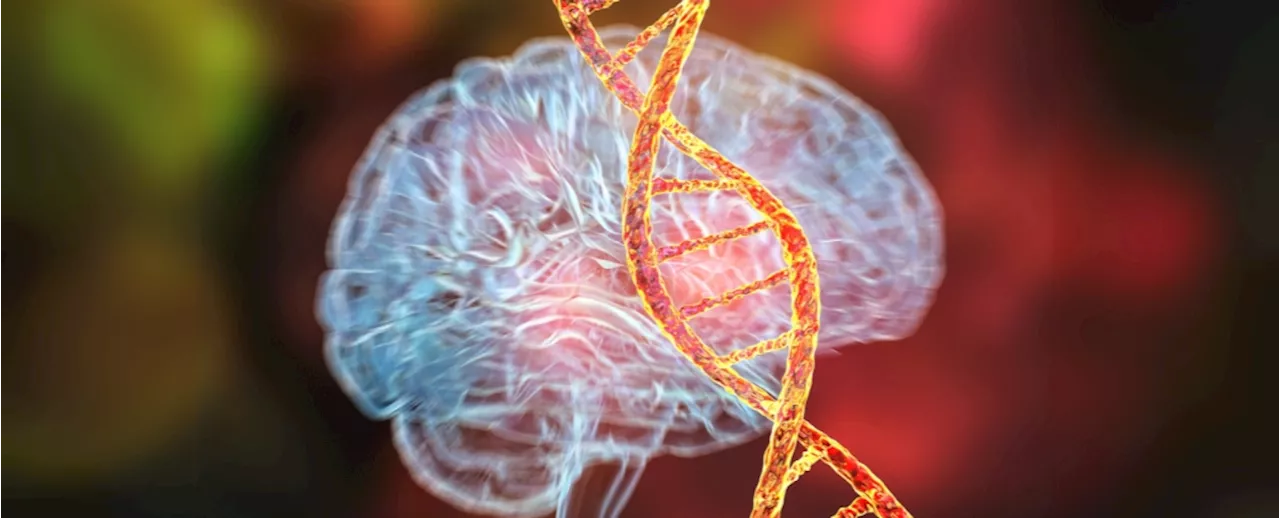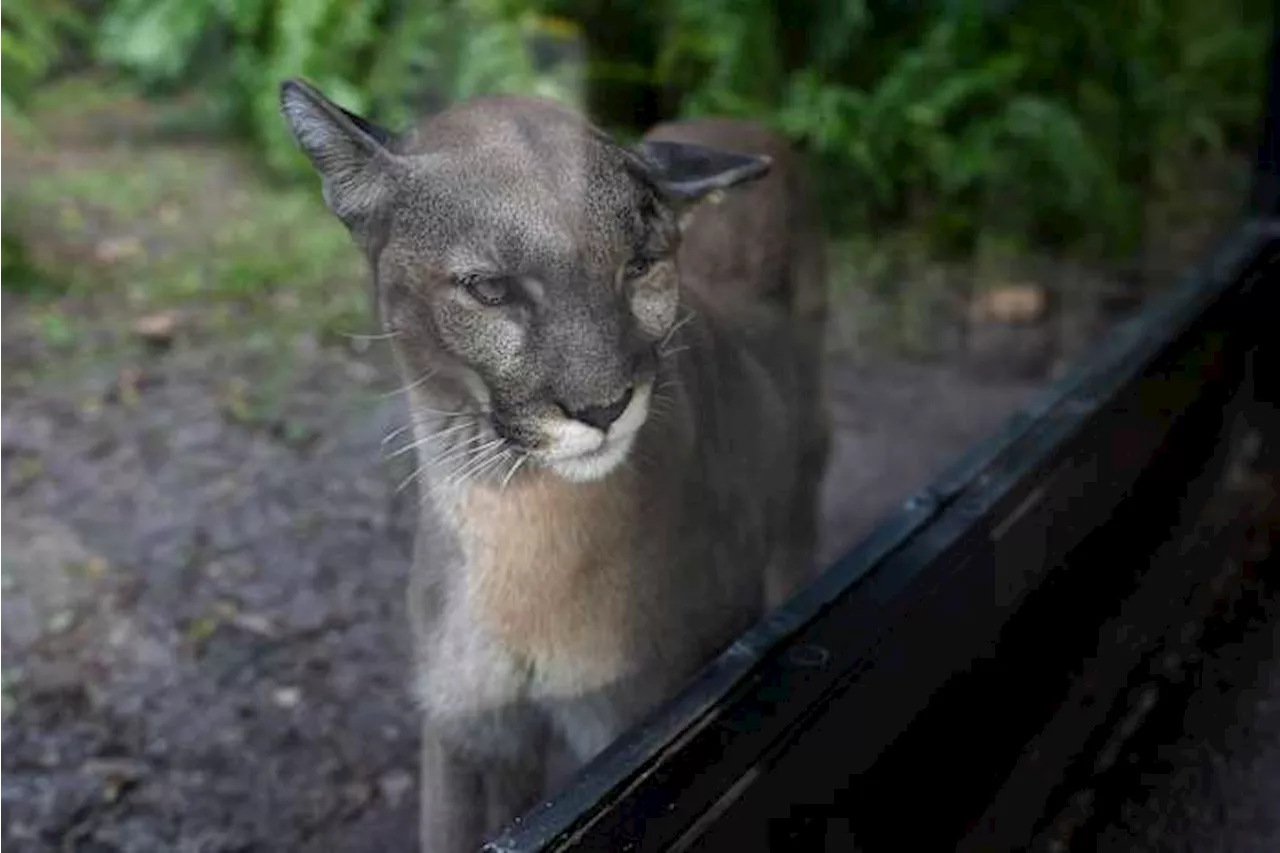A new study reveals that two-thirds of animal and plant species are experiencing a decline in genetic diversity, making them more vulnerable to environmental changes. This trend affects even species not considered at risk, highlighting the urgent need for conservation efforts to protect biodiversity.
Read full article: Fire Chief highlights wildfire challenges, new vehicles approved for St. Johns CountyNocatee walking group opts to change name to avoid legal battle, keep focus on ‘walking with neighbors’
Researchers examined data for 628 species studied between 1985 and 2019. The greatest losses in genetic variation were seen in birds and mammals. Conservation efforts to connect isolated populations — basically expanding the dating pool for a particular species – can help maintain or even restore genetic diversity.
GENETIC DIVERSITY CONSERVATION BIODIVERSITY ANIMAL POPULATIONS PLANT POPULATIONS
United States Latest News, United States Headlines
Similar News:You can also read news stories similar to this one that we have collected from other news sources.
Texas Gov. Abbott Threatens A&M President Over Diversity Conference InvitationTexas Governor Greg Abbott is threatening to force out Texas A&M University President Mark Welsh III over the university's apparent attempt to send students to a conference that the governor claims violates the state's new diversity, equity and inclusion ban. University emails, posted online by a conservative activist, ask for staff and PhD students willing to represent the university at a conference run by the PhD Project, which limits participation to those who are Black, Hispanic or Native American. Abbott, who signed a law banning diversity hiring programs and DEI initiatives in public higher education, cannot directly fire Welsh but appoints the university regents whom Welsh answers to.
Read more »
 Global Genetic Study Uncovers Hundreds of New Depression Risk FactorsA groundbreaking study involving over five million people worldwide has identified nearly 300 previously unknown genetic links to major depression, offering new insights into the condition's origins and paving the way for more precise risk prediction across diverse populations.
Global Genetic Study Uncovers Hundreds of New Depression Risk FactorsA groundbreaking study involving over five million people worldwide has identified nearly 300 previously unknown genetic links to major depression, offering new insights into the condition's origins and paving the way for more precise risk prediction across diverse populations.
Read more »
 Chornobyl Dog Study Finds No Evidence of Radiation-Induced Genetic MutationsResearchers examine the genomes of dogs living near the Chornobyl disaster site to determine if radiation exposure caused genetic differences. Results indicate no radiation-induced mutations but suggest selective pressures may have played a role.
Chornobyl Dog Study Finds No Evidence of Radiation-Induced Genetic MutationsResearchers examine the genomes of dogs living near the Chornobyl disaster site to determine if radiation exposure caused genetic differences. Results indicate no radiation-induced mutations but suggest selective pressures may have played a role.
Read more »
 Landmark Study Identifies 293 New Genetic Links to DepressionA groundbreaking international study has discovered 293 previously unknown genetic variations associated with major depressive disorder. This extensive research, involving data from over five million individuals, offers new insights into the genetic underpinnings of depression and paves the way for more personalized treatments.
Landmark Study Identifies 293 New Genetic Links to DepressionA groundbreaking international study has discovered 293 previously unknown genetic variations associated with major depressive disorder. This extensive research, involving data from over five million individuals, offers new insights into the genetic underpinnings of depression and paves the way for more personalized treatments.
Read more »
 Genetic Screening for Babies: A Psychologist's Perspective on the FalloutThis news article explores the ethical implications of new genetic screening technologies that allow parents to select embryos with desired traits. A psychologist shares her insights on the potential psychological consequences for children conceived through these methods, highlighting issues of parental control, achievement pressure, and identity.
Genetic Screening for Babies: A Psychologist's Perspective on the FalloutThis news article explores the ethical implications of new genetic screening technologies that allow parents to select embryos with desired traits. A psychologist shares her insights on the potential psychological consequences for children conceived through these methods, highlighting issues of parental control, achievement pressure, and identity.
Read more »
 Cold Cases Solved Through DNA and Genetic GenealogyDNA and genetic genealogy are increasingly used by law enforcement agencies to solve cold cases. Recent examples include the 1979 murder of Esther Gonzalez in California, the 1980 murder of Mary Tracy in Idaho, and the 1981 murder of Kathy Halle in Illinois.
Cold Cases Solved Through DNA and Genetic GenealogyDNA and genetic genealogy are increasingly used by law enforcement agencies to solve cold cases. Recent examples include the 1979 murder of Esther Gonzalez in California, the 1980 murder of Mary Tracy in Idaho, and the 1981 murder of Kathy Halle in Illinois.
Read more »
